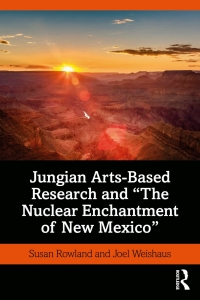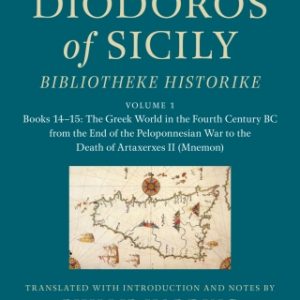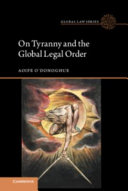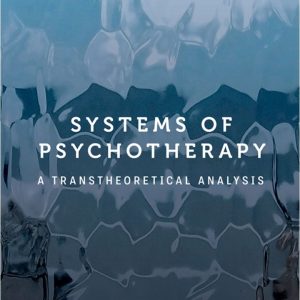Buy Jungian Arts-Based Research and “The Nuclear Enchantment of New Mexico” 1st Edition PDF ebook by author Susan Rowland; Joel Weishaus – published by Routledge in 2021 and save up to 80% compared to the print version of this textbook. With PDF version of this textbook, not only save you money, you can also highlight, add text, underline add post-it notes, bookmarks to pages, instantly search for the major terms or chapter titles, etc.
You can search our site for other versions of the Jungian Arts-Based Research and “The Nuclear Enchantment of New Mexico” 1st Edition PDF ebook. You can also search for others PDF ebooks from publisher Routledge, as well as from your favorite authors. We have thousands of online textbooks and course materials (mostly in PDF) that you can download immediately after purchase.
Note: e-textBooks do not come with access codes, CDs/DVDs, workbooks, and other supplemental items.
eBook Details:
Full title: Jungian Arts-Based Research and “The Nuclear Enchantment of New Mexico” 1st Edition
Edition: 1st
Copyright year: 2021
Publisher: Routledge
Author: Susan Rowland; Joel Weishaus
ISBN: 9781138310797
Format: PDF
Description of Jungian Arts-Based Research and “The Nuclear Enchantment of New Mexico” 1st Edition:
Jungian Arts-Based Research and ‘The Nuclear Enchantment of New Mexico’ provides clear, accessible and in-depth guidance both for arts-based researchers using Jung’s ideas and for Jungian scholars undertaking arts-based research. The book provides a central extended example which applies the techniques described to the full text of Joel Weishaus’ prose poem The Nuclear Enchantment of New Mexico, published here for the first time. Designed as a ‘how-to’ book, Jungian Arts-Based Research and ‘The Nuclear Enchantment of New Mexico’ explores how Jung contributes to the new arts-based paradigm in psychic functions such as intuition, by providing an epistemology of symbols that includes the unconscious, and research strategies such as active imagination. Rowland examines Jung’s The Red Book as an early example of Jungian arts-based research and demonstrates how this practice challenges the convention of the detached researcher by providing wholistic knowing. Arts-based researchers will find here a psychic dimension that also manifests in transdisciplinarity, while those familiar with Jung’s work will find in arts-based research ways to foster diversity for a decolonized academy. This unique project will be essential reading for Jungian and post-Jungian academics and scholars, arts-based researchers of all backgrounds, and readers interested in transdisciplinarity.





